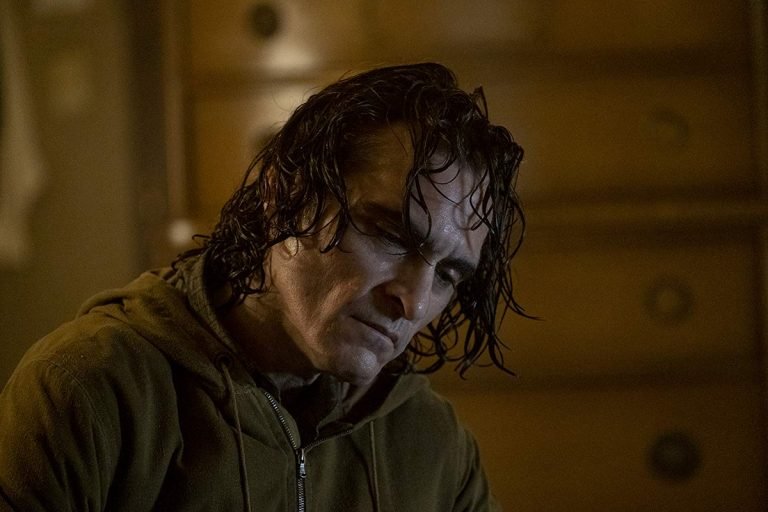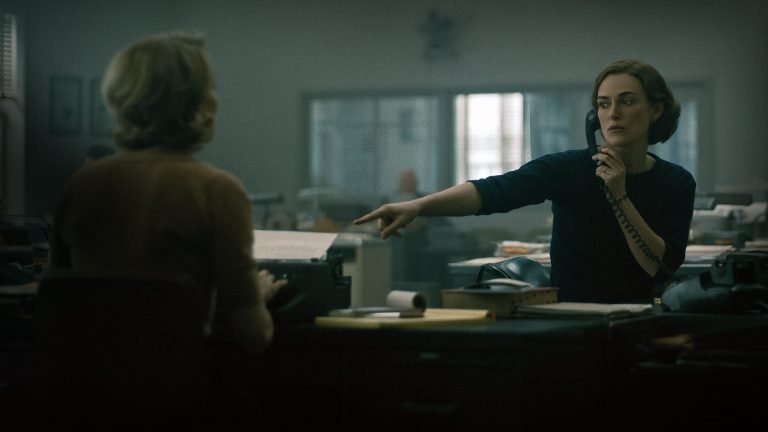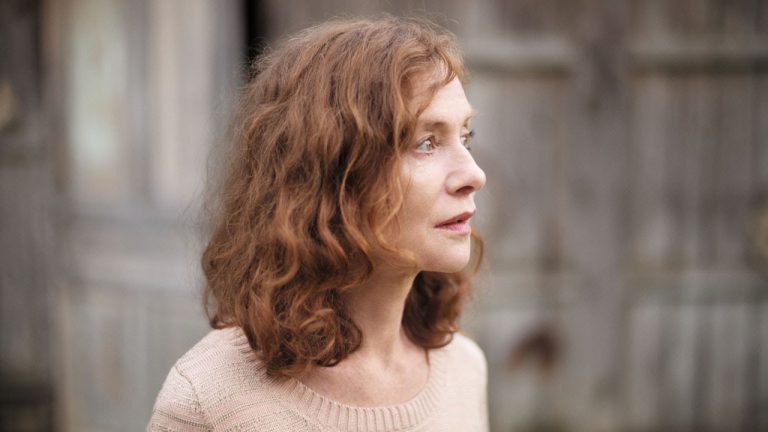Carrie Coon is an acclaimed American actress who has garnered praise throughout her acting career with film and television projects. In television, she has starred as grieving mother Nora Durst in the HBO drama series The Leftovers (2014–2017) and as Gloria Burgle in the third season of the FX anthology series Fargo (2017). For the former show, she earned a Critics’ Choice Television Award for Best Actress and was nominated for a Primetime Emmy Award for Outstanding Lead Actress for the latter.
Coon is also a recipient of top honors nominations like the Tony Award, which she received for her performance in the 2012 revival of Who’s Afraid of Virginia Woolf? She has also appeared in numerous films, including the thrillers Gone Girl (2014) and Widows (2018), the dramas The Post (2017) and The Nest (2020). The actress has also worked in the renowned superhero franchise, Marvel Cinematic Universe, in the 2018 superhero film Avengers: Infinity War (2018). Later, she appeared in the supernatural comedy Ghostbusters: Afterlife (2021), and her recent appearance was in its sequel, Ghostbusters: Frozen Empire (2024).
Undeniably, the actress has a glorious career with incredible movies and performances attached to her resume. Coon began her career in regional theater. Her incredible acting career stems from the theater plays she performed during the initial days of her acting career. After graduating from the University of Wisconsin-Madison, Coon started her professional stage journey at the Madison Repertory Theatre. Following that she spent a lot of her time polishing her acting skills with theater projects.
With a solid background and promising works, Coon is one of Hollywood’s most exciting and sought-after talents. Let’s dwell into what are Coon’s top favorite films of all time.
1. Naked by Mike Leigh
I saw Naked for the first time just before I worked with David Thewlis on Fargo, so I was terrified to be in a scene with him. I’m rarely intimidated in my work—my husband, Tracy Letts, jokes that I have ice water in my veins—but I was so nervous. Thewlis was so calm and collected, but I couldn’t remember my lines when sitting across from him. I thought that he must think I’m the worst actor in the world.
The misanthrope he plays in Naked, this man grasping his way through a modern and blighted London, was provocative for me. That edgy life is not something I’ve lived, so it holds a fascination. And so does Mike Leigh’s process of spending months doing improvisation with his cast and then fashioning a script out of that. This film is exemplary of his style; there’s no way to just write from scratch all those flights of verbal fancy that Thewlis engages us with.
My husband’s dear friends Katrin Cartlidge and Ewen Bremner are also in the film. He knew them when Killer Joe went to the Edinburgh Fringe Festival, and they were just these scrappy theater actors working on the circuit. In fact, Tracy’s play Man from Nebraska is dedicated to Katrin, so we have a deeply personal connection to the film.
2. Black Girl by Ousmane Sembene
I know that a movie has had an impact on me when I continue to have flashes of imagery from it after seeing it. Even though I love them, I have a terrible memory of films and books, so it’s rare for a film to stick with me in this way. I watched Black Girl pretty recently and found it to be so stirring. It feels so unaffected. It’s like a documentary.
The quality of acting in the French family is almost amateurish, which makes those characters feel so real and allows the benign evil and neglect to be much more chilling. But the fullness and lushness of Diouana’s real life and her dreams and ambitions create an incredible contrast with these people who are completely unable to imagine her as anything other than their image of an African who’s colonized.
The film felt very contemporary in its attitudes because the movement in our country right now is about a similar kind of failure of the imagination and about the dehumanizing impact of racism and colonialism. There are so many films that deal with colonialism from the point of view of the patriarchy, of the white power structure, so this film from the sixties, made by a Senegalese filmmaker, stands out—there weren’t many movies made at the time about African people, by African filmmakers, about their own exploitation. It’s a very powerful film, and M’Bissine Thérèse Diop’s performance is just devastating.
3. An Unmarried Woman by Paul Mazursky
When I was thinking about my list, I gravitated toward female performances that are compelling to me as an actor. Jill Clayburgh is delightful in this movie. When I look at someone like her, working at the age she was and in a style where she feels like a fully formed human being going through a very realistic experience, I think you just don’t often see that done so well.
She has such a lovely and natural sense of humor, which is something that I’m always in pursuit of in my own work because it feels more truthful and human to use humor to deal with life. I find that actresses like Jill or someone like Debra Winger—actresses who can deliver a comic line and find quirkiness in their character building—feel like leading ladies who are also character actors. Those women are interesting in every frame.
It’s funny. I initially thought An Unmarried Woman was kind of a conventional story, but then Tracy said, “Yeah, but why does it feel like this film should be a dime a dozen, and it’s not? There should be a hundred movies like this, but there’s only one.” There are thousands of movies about men going through typical relationship stuff and haplessly flailing, but there aren’t many movies like this about women, so it actually feels subversive.
Women are often the collateral damage in a man’s narrative. Tracy was also quick to point out that it has depth, but it’s funny and charming and has a lightness of touch that means you can watch it over and over again. It’s a pleasure. It feels like how women feel.
4. Dekalog by Krzysztof Kieslowski
I come from a small town in Ohio, and I grew up watching old films with my grandpa, whose father ran a movie house in Akron. So he had a real love of film. When I was a girl, we’d watch classics like The Bridge on the River Kwai or The Philadelphia Story, but we rarely watched foreign films because they weren’t accessible to us in that area at that time. Dekalog was one of the first foreign works I ever saw, and it’s astonishing.
There’s not a weak moment in these ten films. I can only imagine that an American version of a film based on the Ten Commandments would be literal and schematic, but there’s always an elusive quality about Kieślowski’s exploration of the theme that makes it tantalizing and complicated.
When I watch his films, I always feel that the performances he’s pulling out of amateurs are much more compelling than some of the ones I see by professional actors. There’s this lack of artifice in the way he’s directing them that I really respond to. I come from the Chicago theater community, where it’s all about storytelling, so that’s the kind of acting I like. I’m also a recovering Catholic, so these films work on me in a subconscious way that I can’t even unpack.
5. The Cremator by Juraj Herz
The Cremator is a film I watched during this year’s pandemic that shocked me. It was made in 1969, is set in 1930s Prague, and was banned until the fall of communism in 1989. It’s an exploration of the banality of evil, and what’s astonishing is that it does exactly what drama is supposed to do: it feels both inevitable and surprising, and you don’t realize the trip you’re on until you’re already down the slope. You’re in it, and then you look back and realize you’ve actually been on this journey from the first frame; you just didn’t realize it. Rudolf Hrušínský’s face is burned into my brain. I couldn’t take my eyes off him.
When I think of films or plays that rely on first-person narration, my instinct is to say, well, that’s just lazy writing, and that gimmick is overused. But when it’s done well, it is so effective. I was surprised that a Czech film from the 1960s could speak so chillingly to the historical moment we’re in that it exposes the moral compromises our leaders are willing to make in order to maintain power.
As an actor, I don’t always notice editing in a film, just like I don’t always notice the lighting in a play. But for some reason I was so struck by the way this film was edited. The transitions from scene to scene are clear and crisp, and they parallel the clarity of the logic. It was unlike anything I’d ever seen before, and I don’t have the vocabulary to describe why that is, but I was aware of it, and not in a way that took me out of the film.
6. Badlands by Terrence Malick
Remember what I was saying about first-person narration? Badlands is an example of how that can be used powerfully when it’s well-written, has a very specific point of view, and is impeccably performed. Sissy Spacek is so disarming in this, and her narration is pitch-perfect. There’s such a contrast between her tone and the horror of the predation we’re witnessing, and there’s a lot of power in that dissonance, in the language women use to justify or accommodate society’s hyper-sexualization of them and the cyclical abuse they endure at the hands of people close to them.
We feel both an intimacy and an incredible sense of isolation within the film. It also feels so quintessentially American to me, which is partially because of the landscape but also because Martin Sheen’s character gets some celebrity and notoriety out of his exploits. He takes on the mythos of a Robin Hood character, even though he’s really just a teenage sociopath. After this film, Sissy Spacek continued to turn out extraordinary performances in Prime Cut and Carrie and Coal Miner’s Daughter and Missing. She’s such an unusual and unlikely movie star, and I was struck by this early performance.
7. Chungking Express by Wong Kar Wai
Chungking Express was the first Wong Kar Wai film I saw, and I remember feeling uplifted when it was over. He excels at romance because he’s masterful at evoking the aching dissatisfaction of a missed connection. He’s so good at delaying satisfaction and completion. In the Mood for Love is one big tease because they never consummate the relationship.
I also find that his production design feels spontaneous when you’re watching it; there’s something so fresh about it, even though it’s intentional and well-considered. I remember images of Faye Wong with gloves on secretly cleaning Tony Leung’s apartment and how they’re just delighted by this game they’re playing with each other.
8. Merry Christmas Mr. Lawrence, by Nagisa Oshima
If you were pitching this film, it would sound like a terrible idea: take two pop stars and plug them into a war movie. And yet, it totally works. Bowie gives such a nuanced performance, and his charisma is on full display. The movie is based on a British soldier’s memoir about being a World War II POW, but it was adapted and directed by Nagisa Oshima, a Japanese filmmaker. Then you add in Ryuichi Sakamoto, with both his performance and his award-winning score, and the result is the avoidance of a Western sensibility.
The film focuses entirely on the horrors of war and not its justification. The perspective is so specific that it allows you to really think about the actual impact of war—not about it being patriotic but about the actual damage it causes—and it does so in a way that I don’t think has ever been so starkly depicted on screen. I get chills just thinking about it.
9. Portrait of a Lady on Fire by Celine Sciamma
There are many profoundly talented female filmmakers working around the world, and I’d love to work with all of them. No matter how you slice it, Portrait of a Lady on Fire is exquisitely made. The dialogue is spare, and every frame is divine and painterly and could be from a Dutch master. The women’s subversive behaviors take place in isolation, but they reverberate and build to this incredible finish that made me weep.
I do not laugh or cry easily at films, but I was inconsolable at the end of this one. It feels empowering because the women are operating within these structures and have this secret that’s giving them life, but the movie is also deeply pained and withholding. I rarely have such an emotional response to a movie. It really, really got me, and I know I’m not the only one.
10. A Woman Under the Influence by John Cassavetes
For many actresses, Gena Rowlands in this film is an iconic performance. She always said that Cassavetes loved and respected women, and it’s absolutely true. It comes through in his work, in their collaboration, in the way that he writes women, in what he asks of her in those performances, and in the way that they are constantly pushing each other. I always tell young actresses who are interested in educating themselves about the film to watch this, not only because it’s entertaining and it’s got humor and pathos and a complicated dynamic at its center, but also because it can give them permission to set a very high bar for scripts and character.
Was Cassavetes writing material that played to Rowlands’s strengths? Probably, but he always challenged her as an artist and demanded the fullness of her being in a way that scripts rarely do. I remember reading that when they were going out for funding, people kept saying that no one wants to see a crazy middle-aged dame, which is, of course, what Rowlands specialized in. But what we understand now is that we do want to see that! Women are consumers, and we want to see ourselves depicted in these messy ways, and we get to be our most interesting in our middle age.
Because I come from the theater, another thing I love about the film is that these searing performances have size. They’re big performances, but they’re truthful. When you discover that Cassavetes originally wrote this for the stage, it makes perfect sense—but Rowlands was like, I can’t do this every night. It’s emotionally exhausting. I love to see a performance that’s not afraid to be bold but is still very grounded, which I feel is a hallmark of Cassavetes. And Rowlands has this interesting and particular Wisconsin swagger that I respond to. She’s just this brassy midwestern gal in a way that I love.

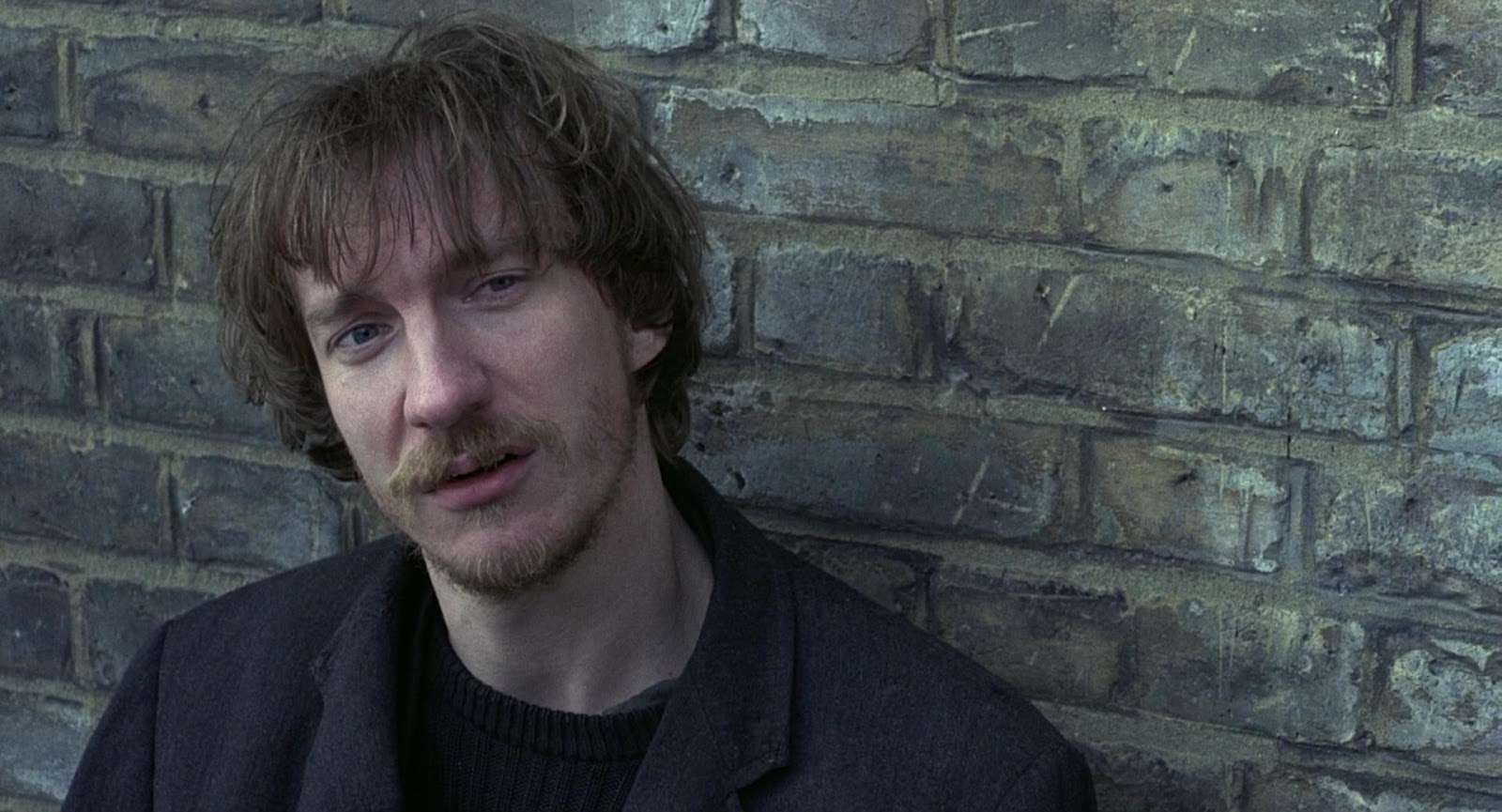
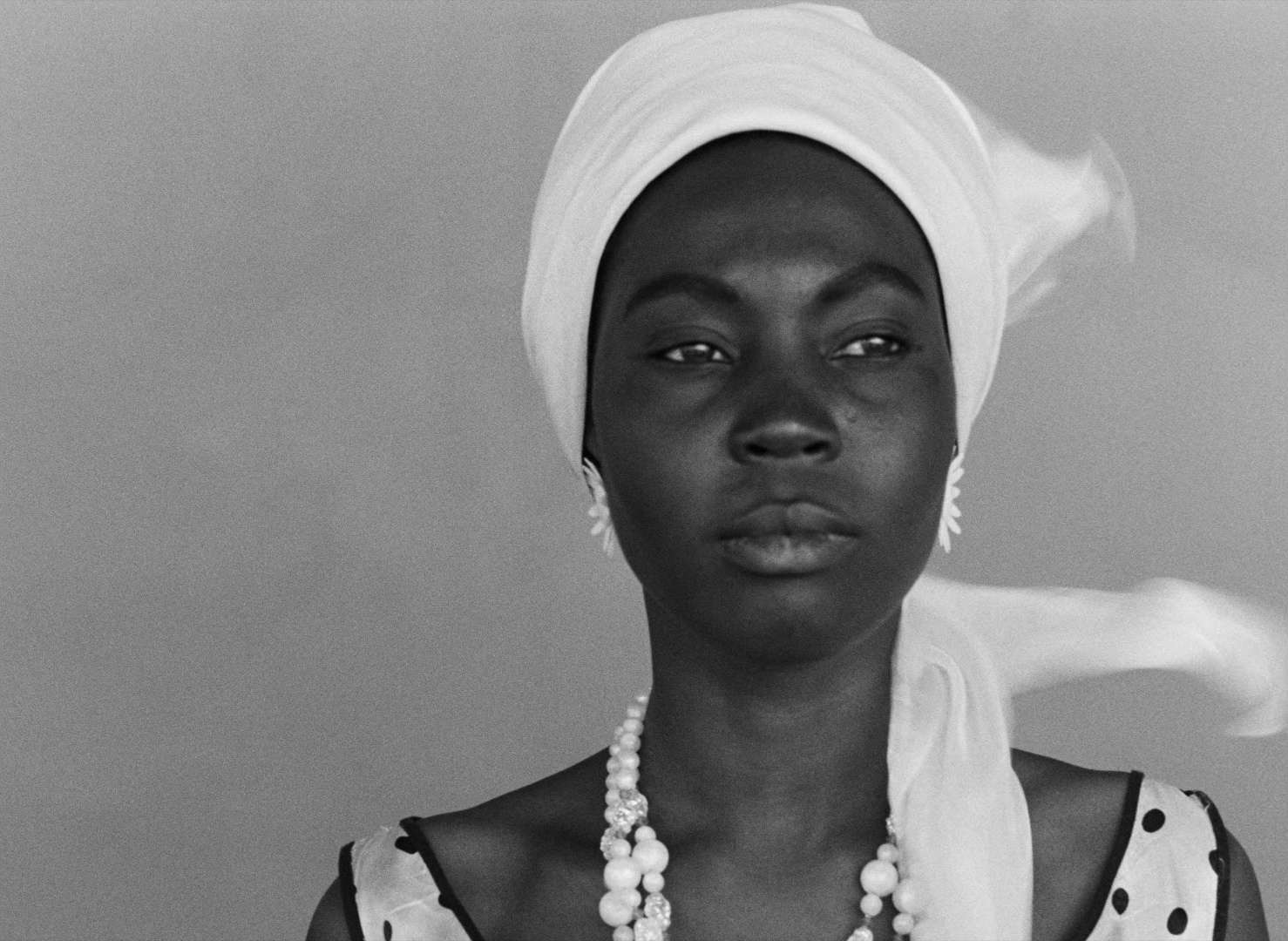
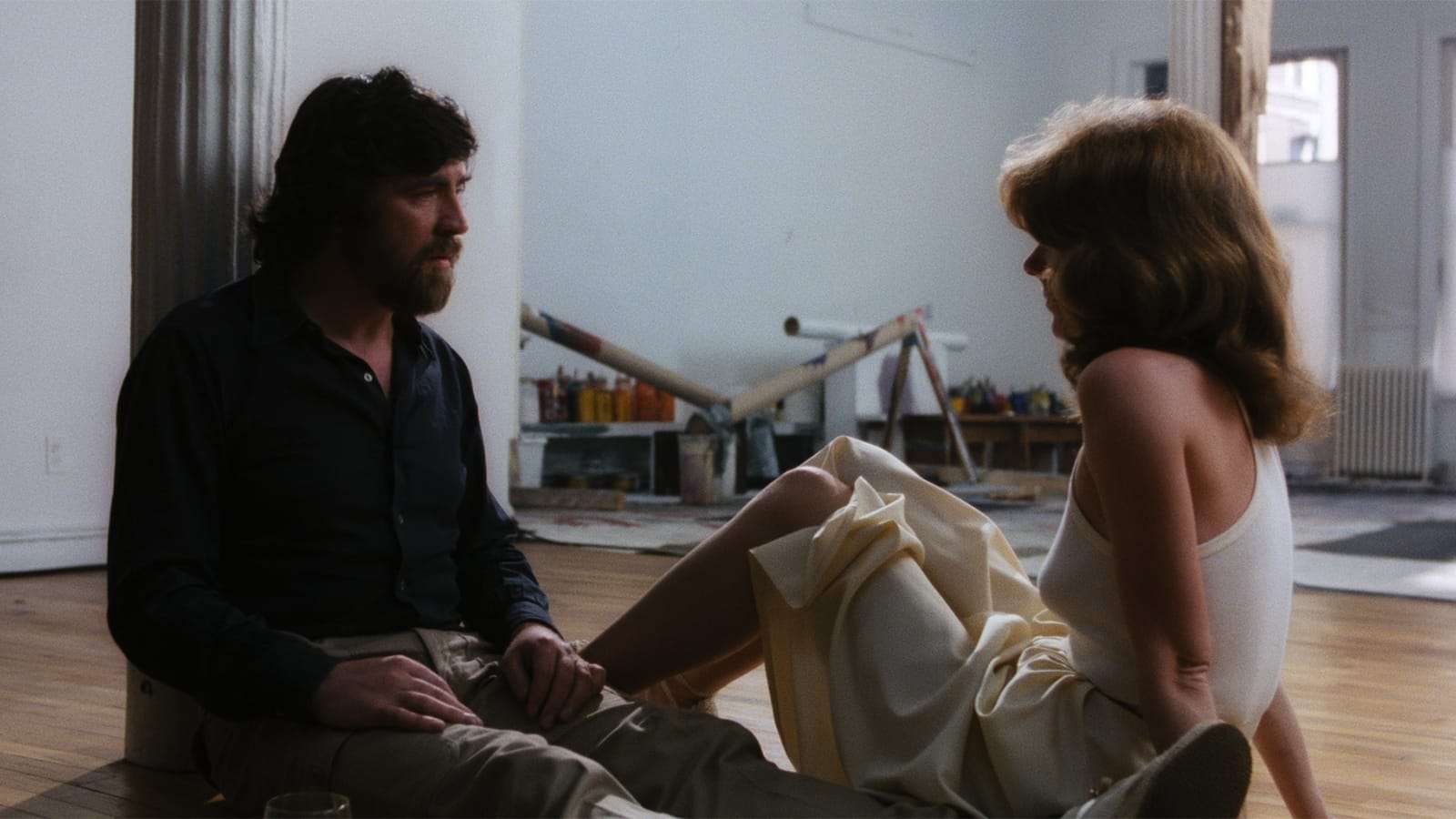
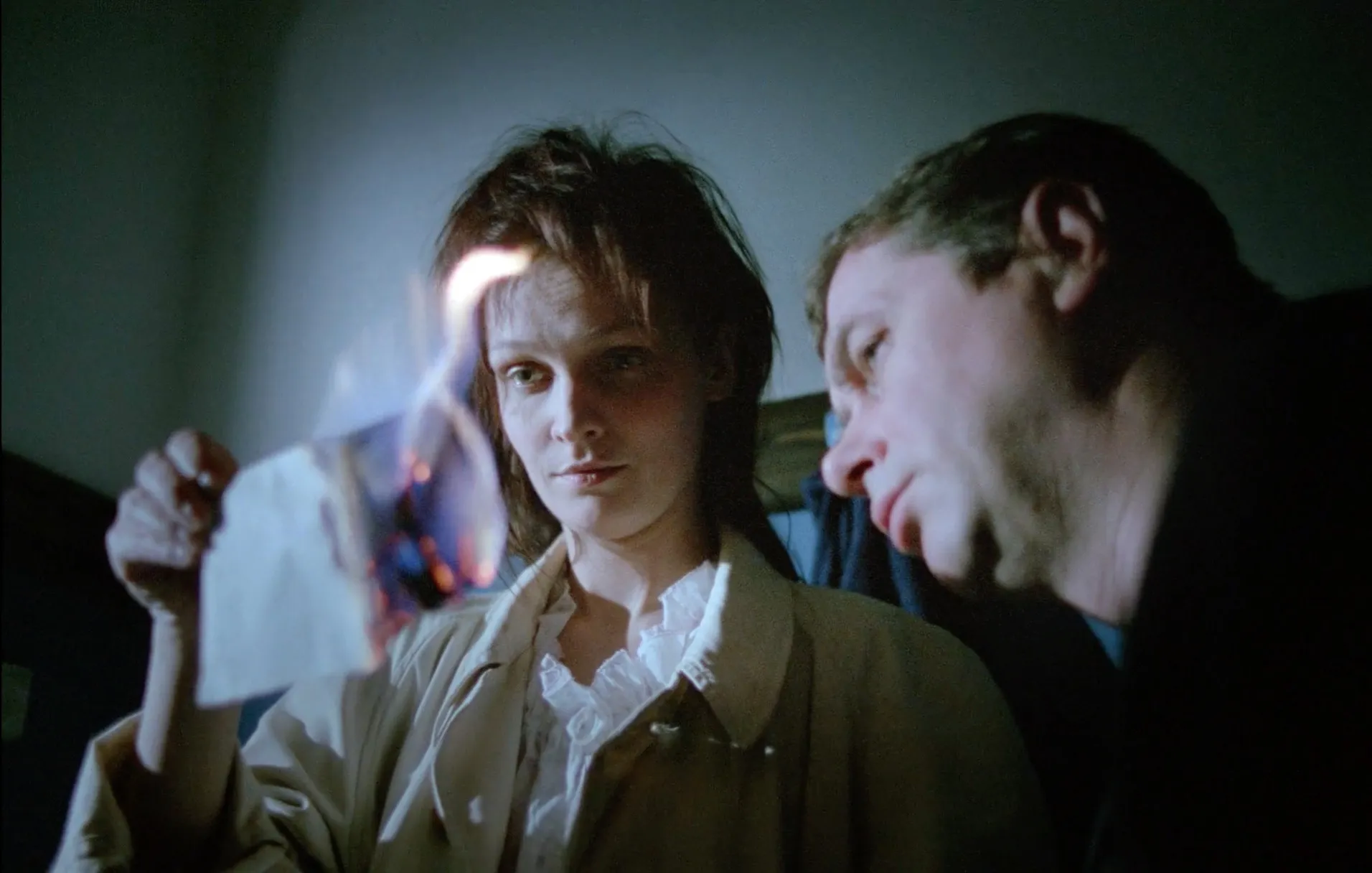
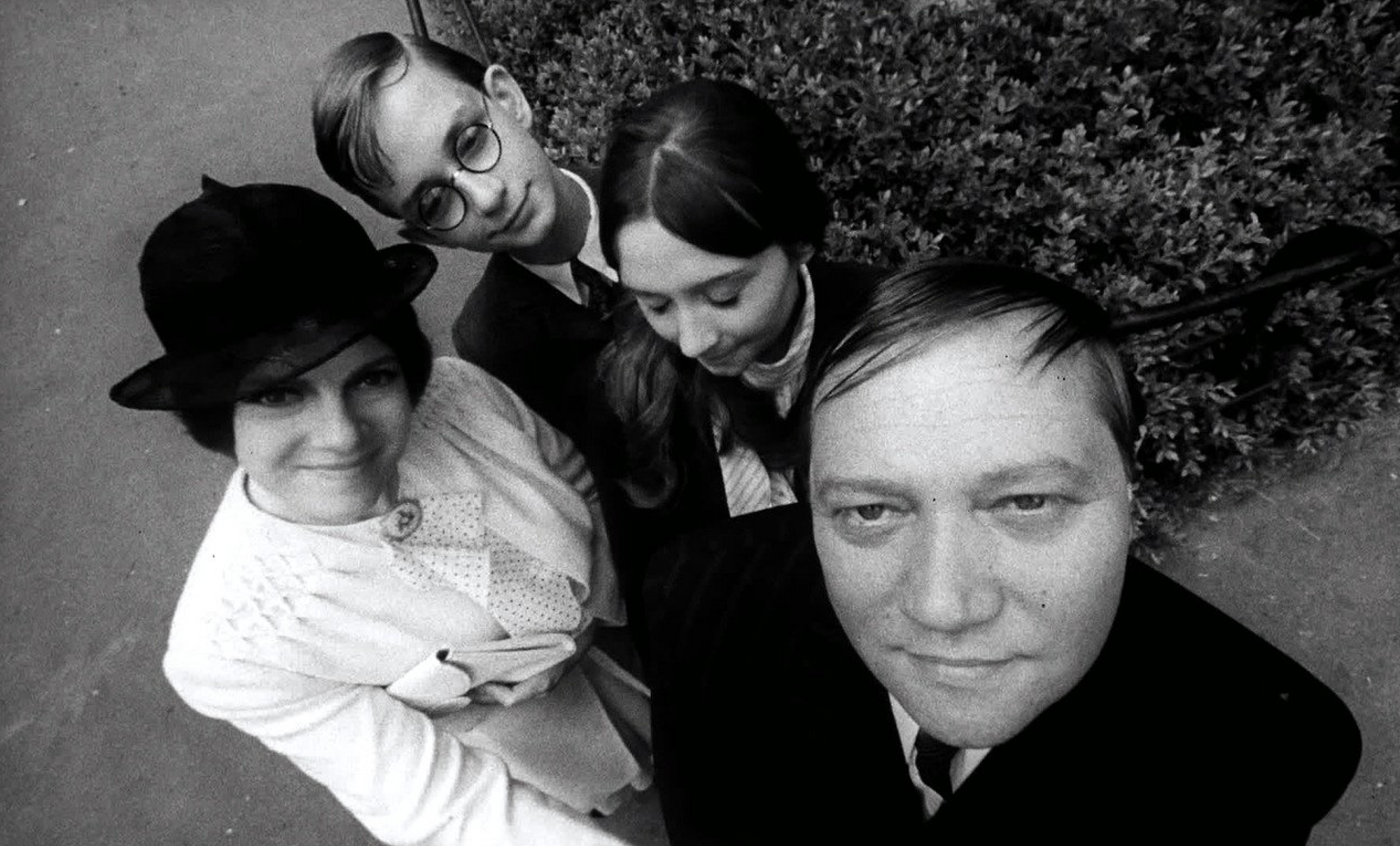
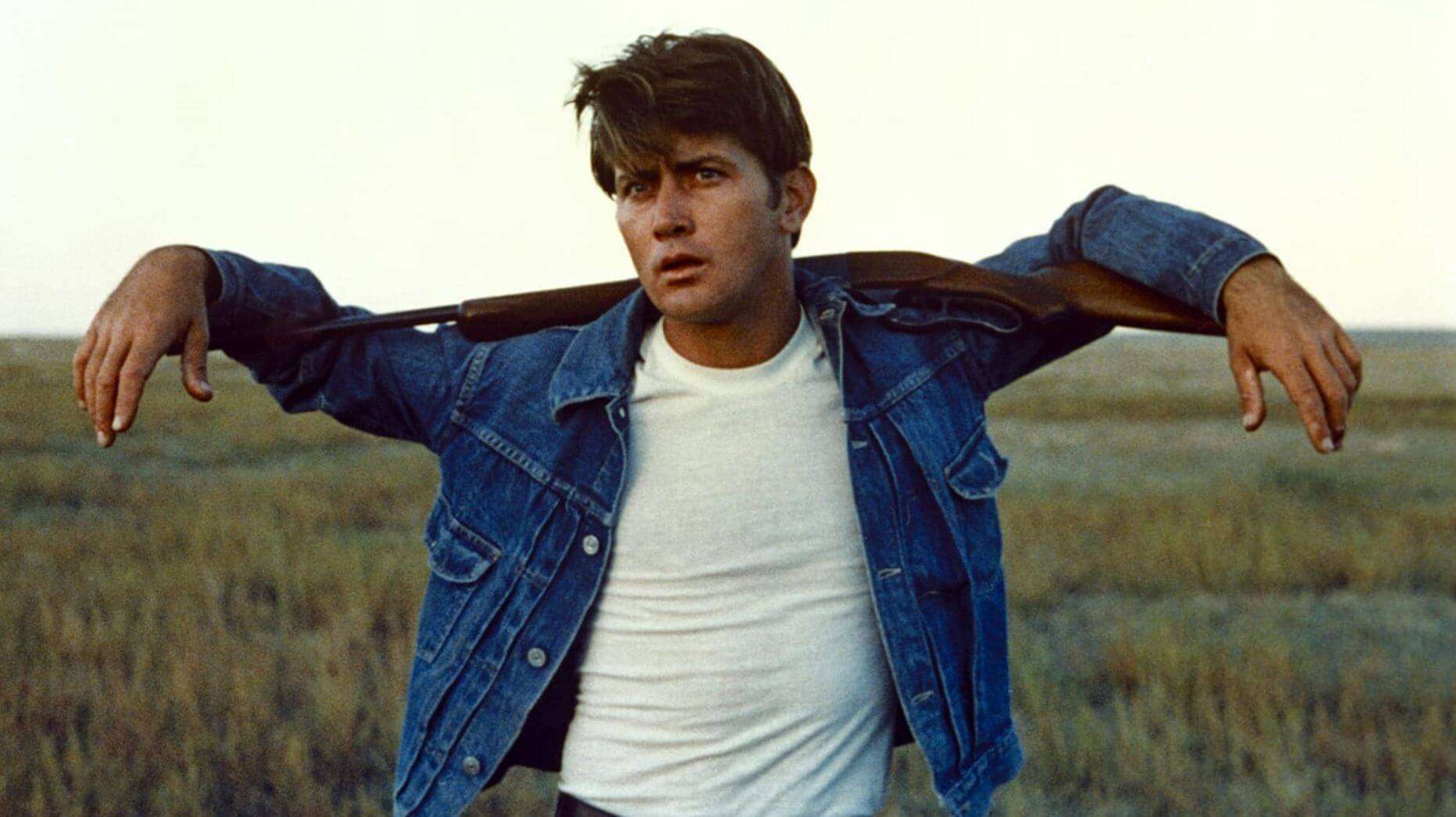
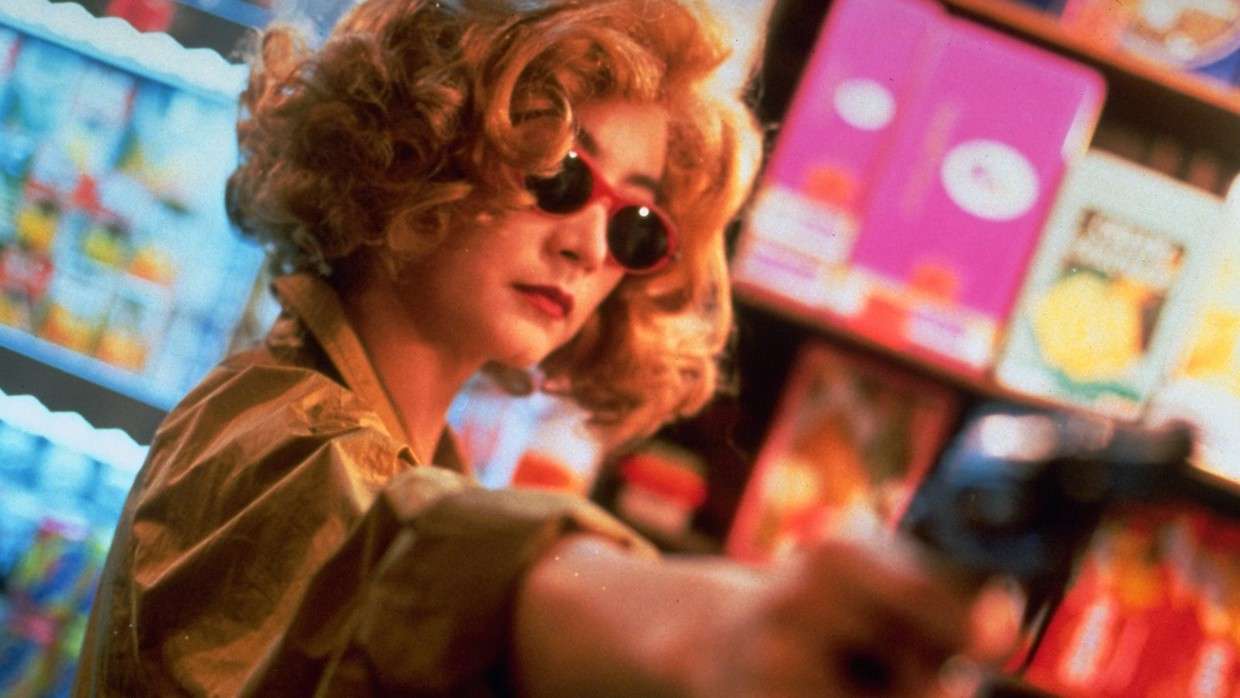
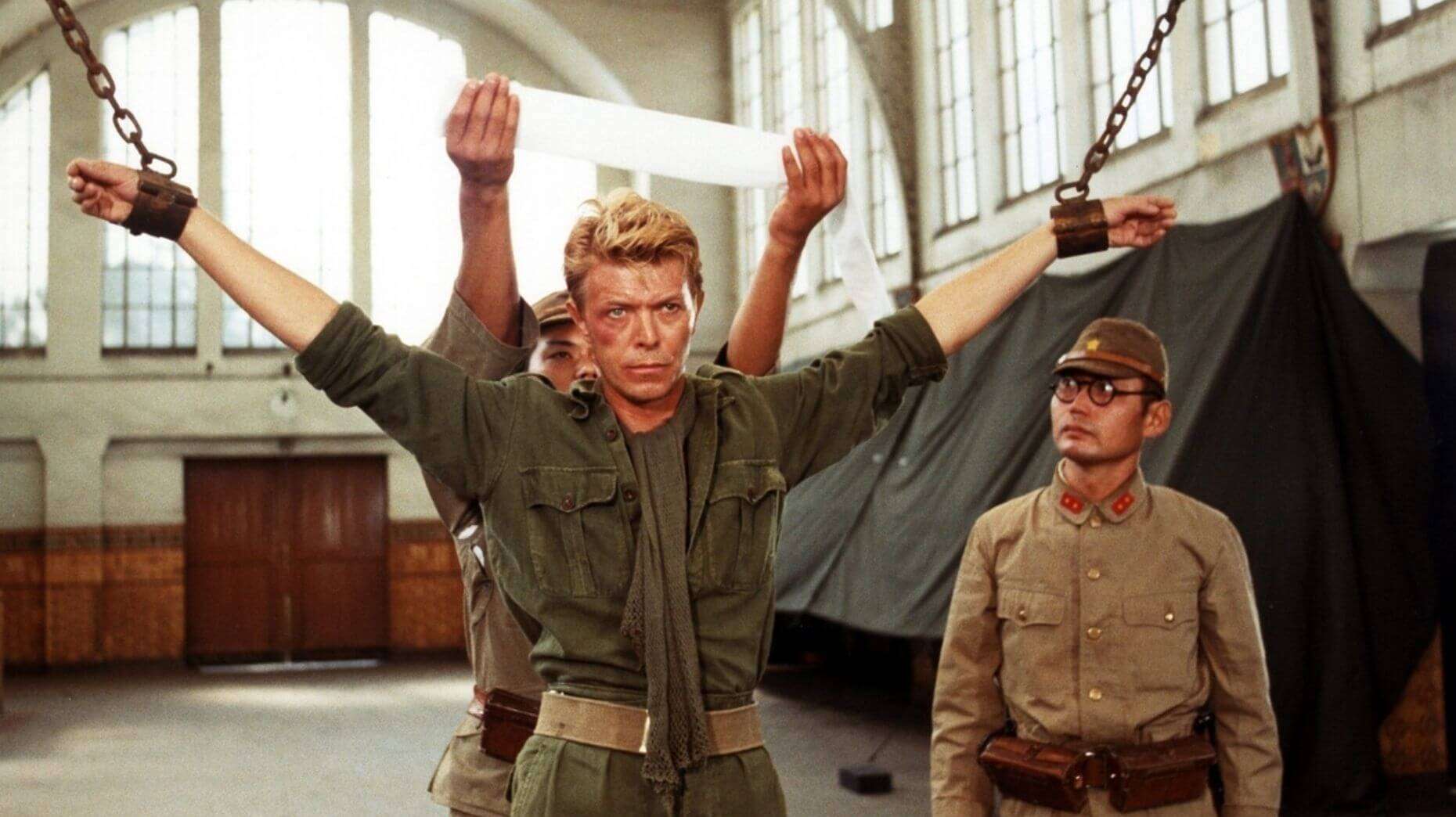

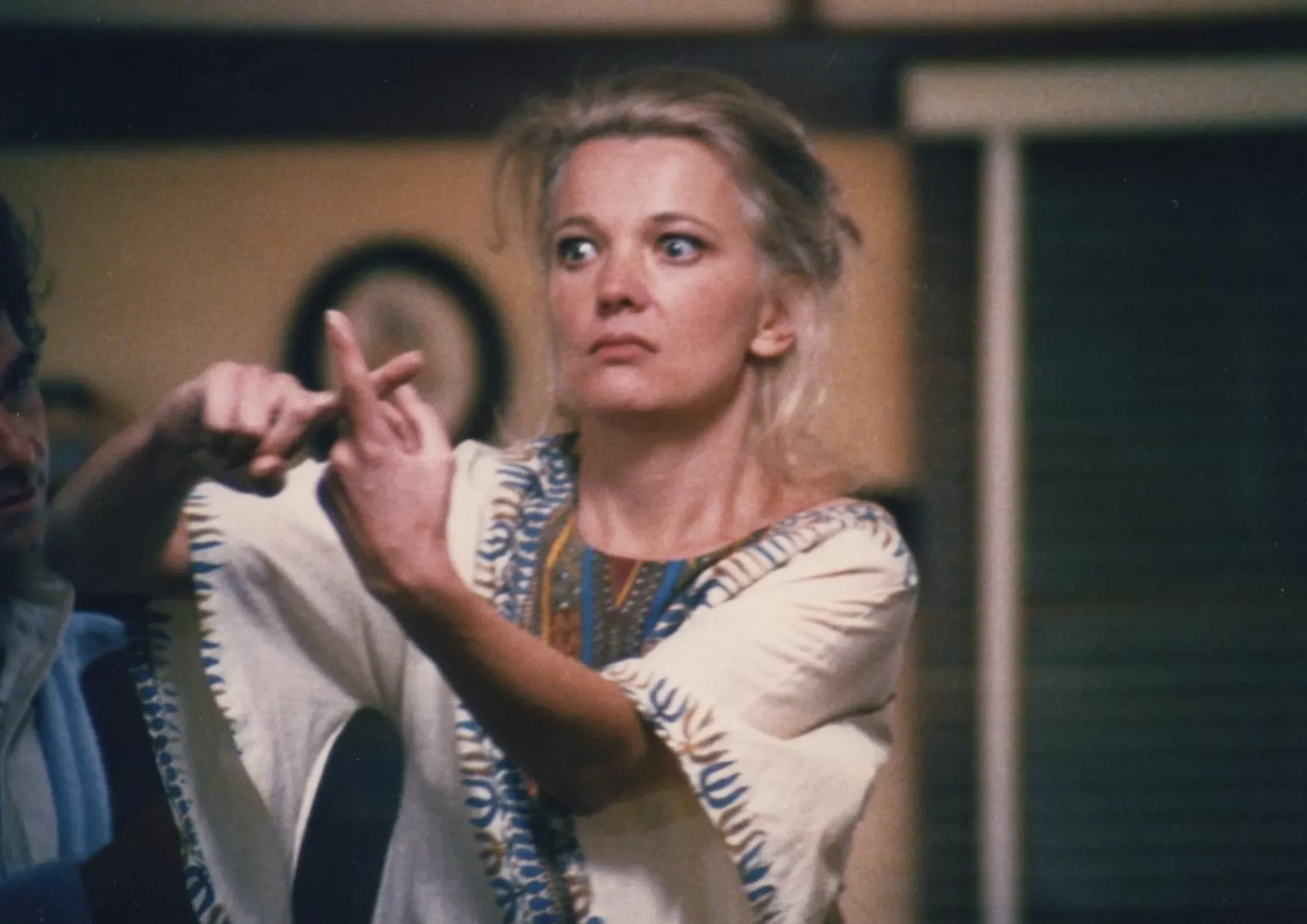
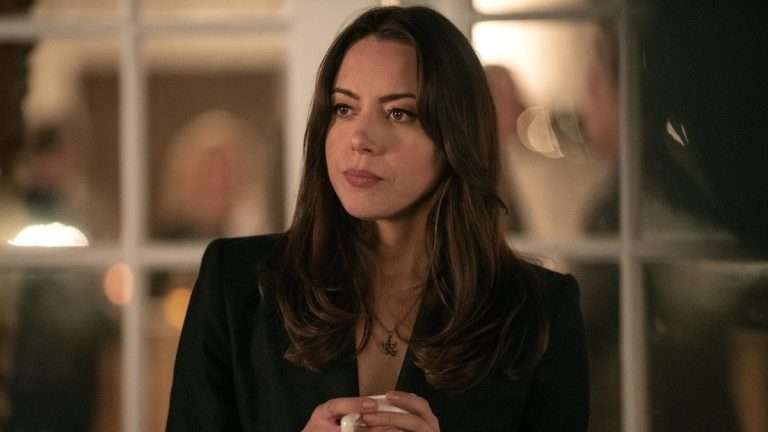
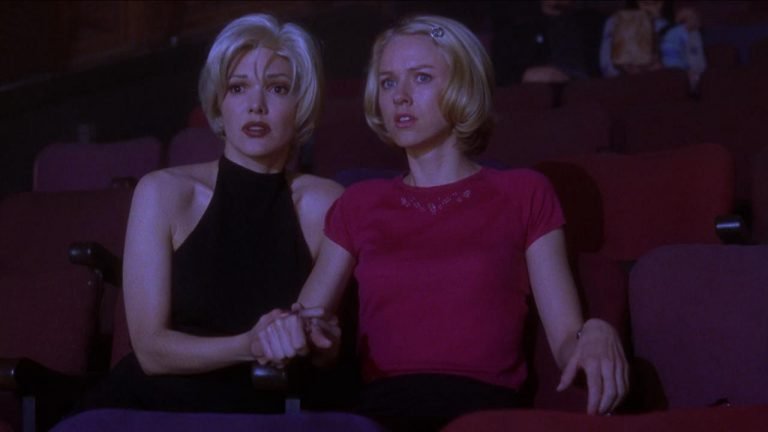
![Black Girl [1966] – A Thoughtful Microcosmic Tale of Neocolonialism](https://79468c92.delivery.rocketcdn.me/wp-content/uploads/2017/11/cover-2-768x432.jpg)
